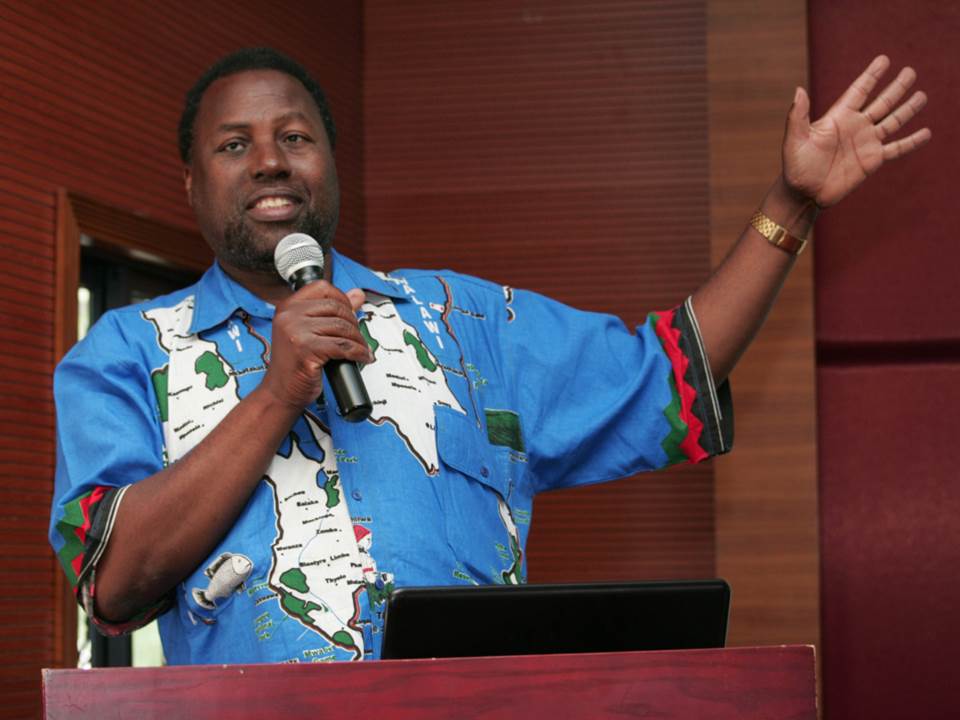Rise and fall of Admarc
“We have no minerals. The soil is our gold mine,” Ngwazi Dr. Hastings Kamuzu Banda, founding president of the Republic of Malawi.
The bulk of Malawi’s poor indigenous people were immediately put to work by Kamuzu’s audacious challenge to them shortly after the then Nyasaland gained independence from Britain in 1964.
The Ngwazi challenged his people to till the soil even harder to improve their own lives and strengthen Malawi’s economy.
That was after the locals endured almost 73 years of suffering, ill-treatment, deprivation and despair under the minority white colonial authority.
The Agricultural Development and Marketing Corporation (Admarc) was then founded in 1971 after Malawians started to feed themselves and produce surpluses for export, turning the country into a an agriculture food basket many African countries.
The State grain trader was originally established to market agricultural produce and inputs in addition to assisting in the development of the smallholder agricultural sub-sector and managing various social commitments on behalf of the Malawian Government.
But since the 1993 referendum that resulted in the current multiparty system, successive governments have failed to uphold the mandate of the State-owned grain trader because of carelessness, ignorance, and money constraints.
Admarc’s authority has unquestionably diminished due to its own inefficiencies and political involvement by agents of political parties that dominated this country in the past 30 years still prevents the parastatal from accomplishing what it was able to achieve under the Ngwazi’s 31-year rule.
Admarc is currently also struggling to successfully respond to trade liberalisation since the government enabled other private traders to enter the grain sector, nearly taking over Admarc’s key mandate.
Actually, almost everyone who worked as a CEO at Admarc since 1993 failed to perform the parastatal’s key components, including overstocking farm produce because the institution has been muddled by politics.
Politics has harmed Admarc for decades and the parastatal has been compromised in terms of personnel quality and service delivery due to the politicisation of appointments by some greedy politicians. Corruption has gradually also gained control of the parastatal no wonder it is struggling financially and failing to fulfill its role as a price stabiliser for farm products.
Admarc, the government’s food security apparatus, has again failed to fulfill its social responsibility as a ready market for farmers to sell their produce and has been rationing maize sales in several areas of Malawi where the food situation is dire.
And due to financial constraints, the parastatal is still struggling to open markets across the country to buy commodities from smallholder farmers like maize, cotton, beans, groundnuts, and soybeans
As a result, the farmers are forced to sell their produce to vendors who later resell it to Malawians at exorbitant prices.
Today, as the food security situation for this year and early next year remains gloomy, I shudder to consider what will happen to the village’s most vulnerable residents when the parastatal finally crumbles to ashes one day, much like the numerous government-owned businesses that have failed due to incompetence on the part of individuals in positions of control.






One Comment